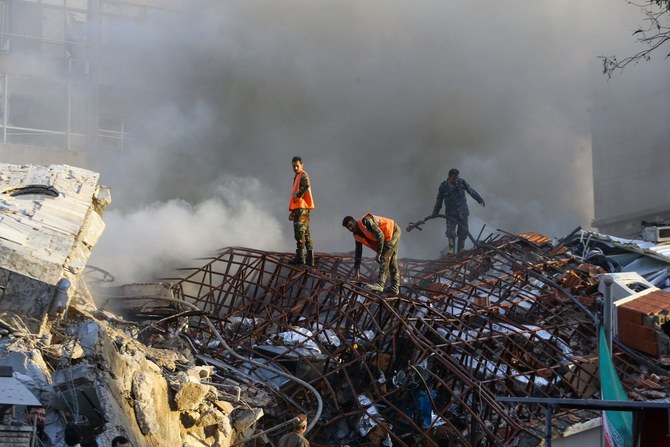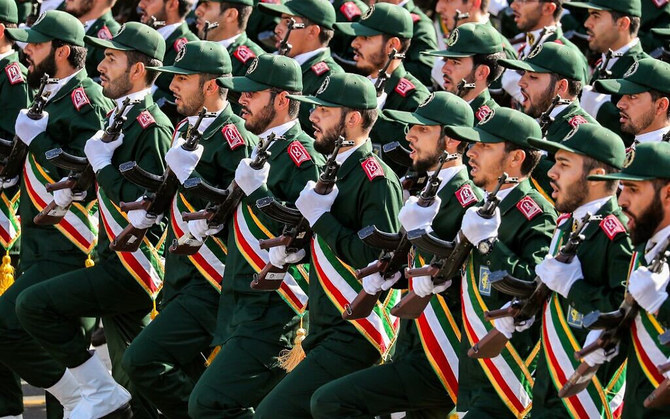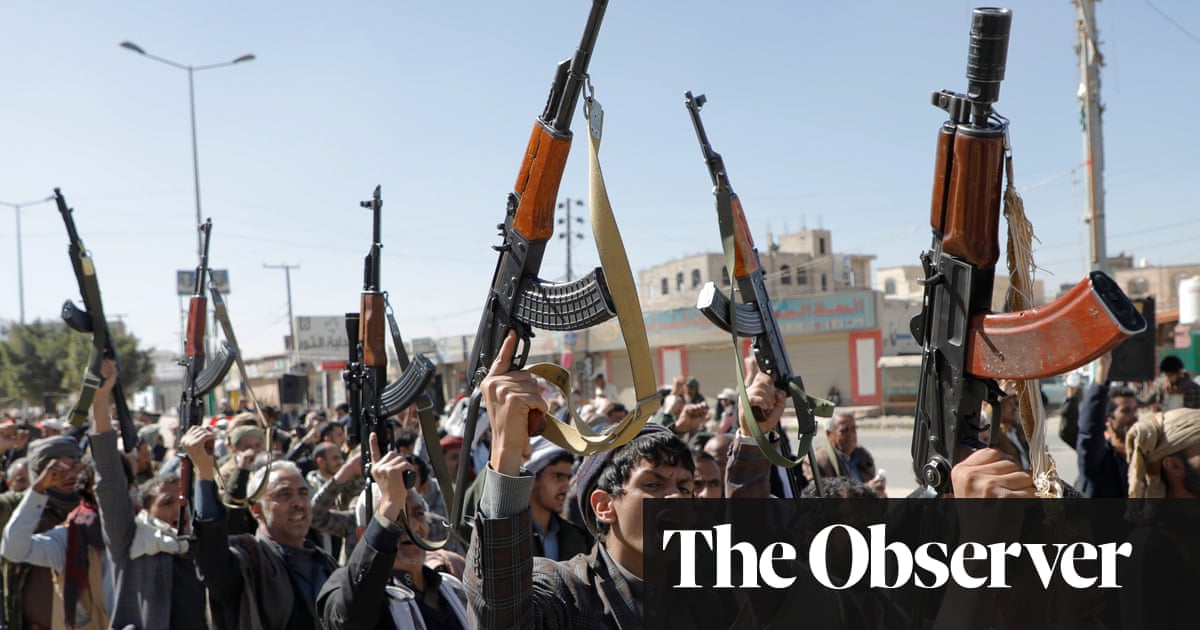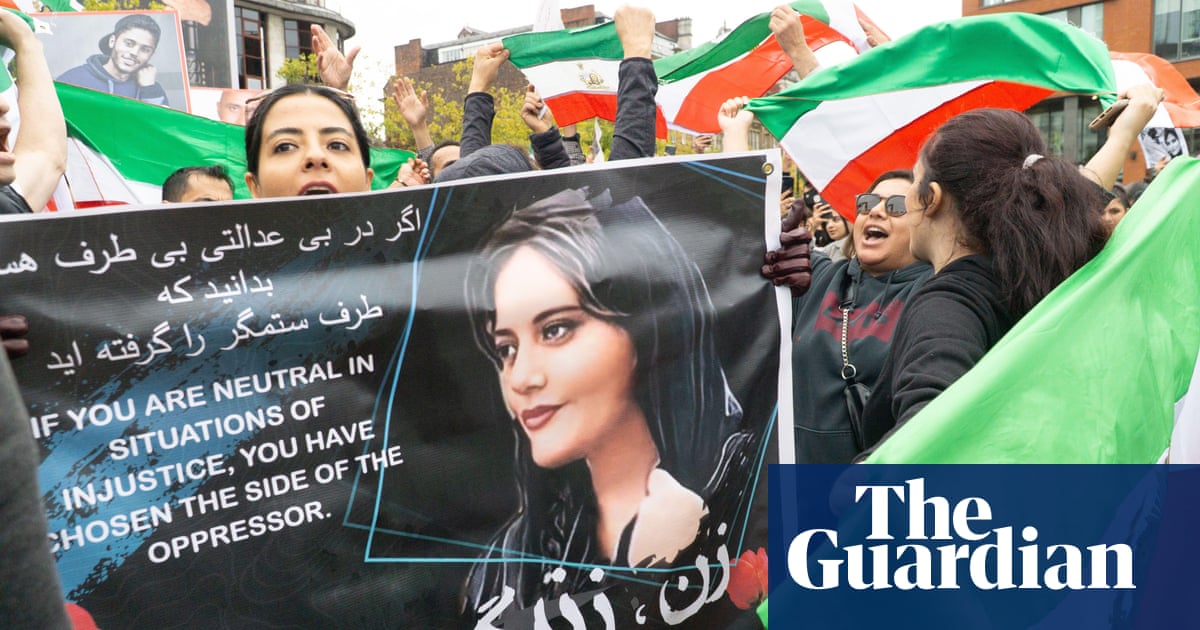
Iran’s state-owned Farsi newspapers and media outlets have put a significant emphasis on Israel in the last few days, with the latest developments pointing to rising tensions between the Iranian regime and Tel Aviv.
Tehran’s tactical move in such situations is to simply take its anti-Israel rhetoric to the extreme. For example, according to the semi-official Fars news agency, a senior Iranian official and aide to Iran’s Supreme Leader Ali Khamenei pointed out that the Islamic Republic is capable of destroying Israel. He said: “If you provide an excuse for Iran, Tel Aviv and Haifa will be razed to the ground.”
Tehran is enraged that Israeli officials launched strikes targeting an air base that Iran was building in Syria, a country which shares a border with Israel. Iran views Syria as its backyard, or its “35th province.” The Iranian regime is also most likely infuriated that the Israeli attack proved the presence of Iran’s Islamic Revolutionary Guard Corps on the ground, as it was confirmed that seven members of Iran’s military were killed.
The Iranian regime has long been planning to increase its military presence near the Israeli border, as well as in other countries that border Israel — including Lebanon and Syria. The conflict in Syria has provided the perfect environment for Tehran to accomplish its objectives through political opportunism.
Due to the Syrian regime’s military incapability, Bashar Assad has substantially submitted to the Iranian regime by allowing Tehran to dispatch high and mid-ranking military staff to Syria, as well as to establish an independent command and control center for drone or major military operations. The height of the Syrian regime’s capitulation to Iran is manifested in permitting Tehran to build several permanent military bases in Syria, including a recent one just 50 kilometers from the Israeli border.
For almost four decades, one of the core pillars of Iran’s foreign policy has been anti-Semitism and opposing Israel. It is critical to point out that Iran’s opposition to Israel is not linked to assisting the Palestinian people, as Iranian leaders claim. Anti-Israel policies are actually an integral part of Iran’s revolutionary ideals, as well as its geopolitical and strategic goals.
The height of the Syrian regime’s capitulation to Iran is manifested in permitting Tehran to build several permanent military bases in Syria, including a recent one just 50 kilometers from the Israeli border
Dr. Majid Rafizadeh
Since 1979, by fabricating a narrative that Tehran has another powerful “enemy” in the region in Israel, the ruling mullahs of Iran accomplish several specific objectives. First of all, having such a robust enemy helps the Iranian leaders justify spreading the presence of the IRGC and its elite branch, the Quds Force, across the region.
Secondly, it helps Tehran set up proxies in the region in the name of “resistance” groups. Establishing Hezbollah, which primarily advances Iran’s interests in Lebanon and beyond, is a prominent example.
Third, the Iranian regime enjoys the advantages of being in a partial state of emergency. Through their state-owned media outlets, Iranian politicians and senior IRGC officials repeatedly impose fear on the population by projecting that Iran is on the verge of war with Israel. This state of emergency allows the Iranian leaders to enact or defy laws as they please for the sake of “defending” the country from the “enemy” and safeguarding national security.
In addition, by projecting Israel to be Iran’s great enemy, the authorities can more conveniently justify disproportionate increases in the military budget. The regime is also attempting to send a message to the Iranian people that they ought not to complain about economic difficulties, unemployment or where national wealth is being spent, because the country is on the verge of war.
In addition, it is through this tactic of harsh rhetoric and fearmongering that the Iranian regime has been capable of easily suppressing the opposition. Dissidents can be labeled as conspirators with the enemy and then jailed, tortured or executed.
Finally, as the Iranian regime continues to exploit the situation in order to expand the IRGC’s stranglehold on the region, Tehran should not expect inaction or acquiescence from other countries while it is threatening them by building military bases near their borders.
Dr. Majid Rafizadeh is a Harvard-educated Iranian-American political scientist. He is a leading expert on Iran and US foreign policy, a businessman and president of the International American Council. He serves on the boards of the Harvard International Review, the Harvard International Relations Council and the US-Middle East Chamber for Commerce and Business. Twitter: @Dr_Rafizadeh












